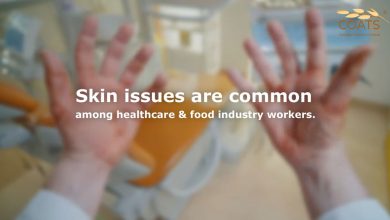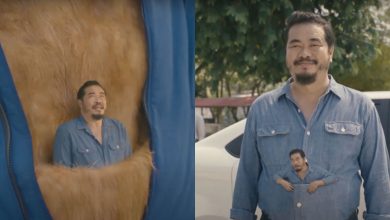It’s a sad and unfortunate world we live in when even the food we eat – as clean as they may seem – contains harmful microplastic. This is due to the metric tons of plastic entering the ocean every year (which is expected to double in the next 10 years!). In In South East Asia 5 nations are creating more plastic ocean waste than the rest of the world combined. Indonesia’s plastic problem is a state emergency. Thailand has closed public access to islands and beaches. In the Philippines, whales are dying with stomachs 40kg full of plastic.
In Southeast Asia, the extent of this pollution is not a case of turning off the TV – it’s everywhere we go. Everywhere we see, and even everything we eat. Plastic is in our digestive systems. This is unsurprising when Greenpeace East Asia found microplastics in 90 per cent of the table salt brands sampled worldwide. They also shared that the average adult could ingest approximately 2,000 microplastics each year through salt alone.
We’re still far behind in fully knowing how microplastics impact the human health but we know that along with these plastics come their processing chemicals, which have been linked to brain damage, weight gain and cancer. Scientists currently do not know whether human bodies are absorbing these new additions to our food chain or if they are just “passing through”. What we do know, is that there is a lot more we need to know.
To that aim, Green is the New Black & Dentsu Singapore produced the film; Plastic Salt for World Earth Day (April 22). Through the simple motif of a salt grinder, they visualized the microplastic pollution crisis with 3D printed miniature plastic objects that look like salt, then filmed the consumer reaction. This aims to raise awareness that microplastic pollution is a real problem that is not just harming the environment but is actually in us and something we cannot physically ignore.
Microplastics are a complex issue and can’t be solved overnight. When you “throw away” plastic it doesn’t disappear. Best case scenario it is recycled into new items. Unfortunately, 91% of plastic isn’t recycled and can end up in our digestive system as microplastic.
Here are some #LittleGreenSteps to reduce, reuse and recycle single-use plastic everyday:
1. Say NO to single-use plastic straws, bags, cutlery – in general, if it’s plastic, think twice!
2. Avoid buying food with excessive plastic packaging and bring reusable bags with you.
3. Use a reusable coffee cup and water bottle.
4. Avoid cosmetic products with microbeads.
5. Advocate for a zero single-use plastic policy or help to implement solutions to reduce plastic waste for your company.
6. Vote for people in power who can make change happen.
7. Share our film Plastic Salt to raise awareness.








